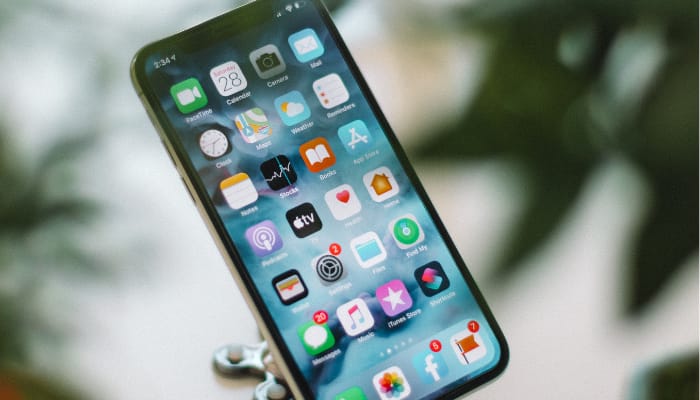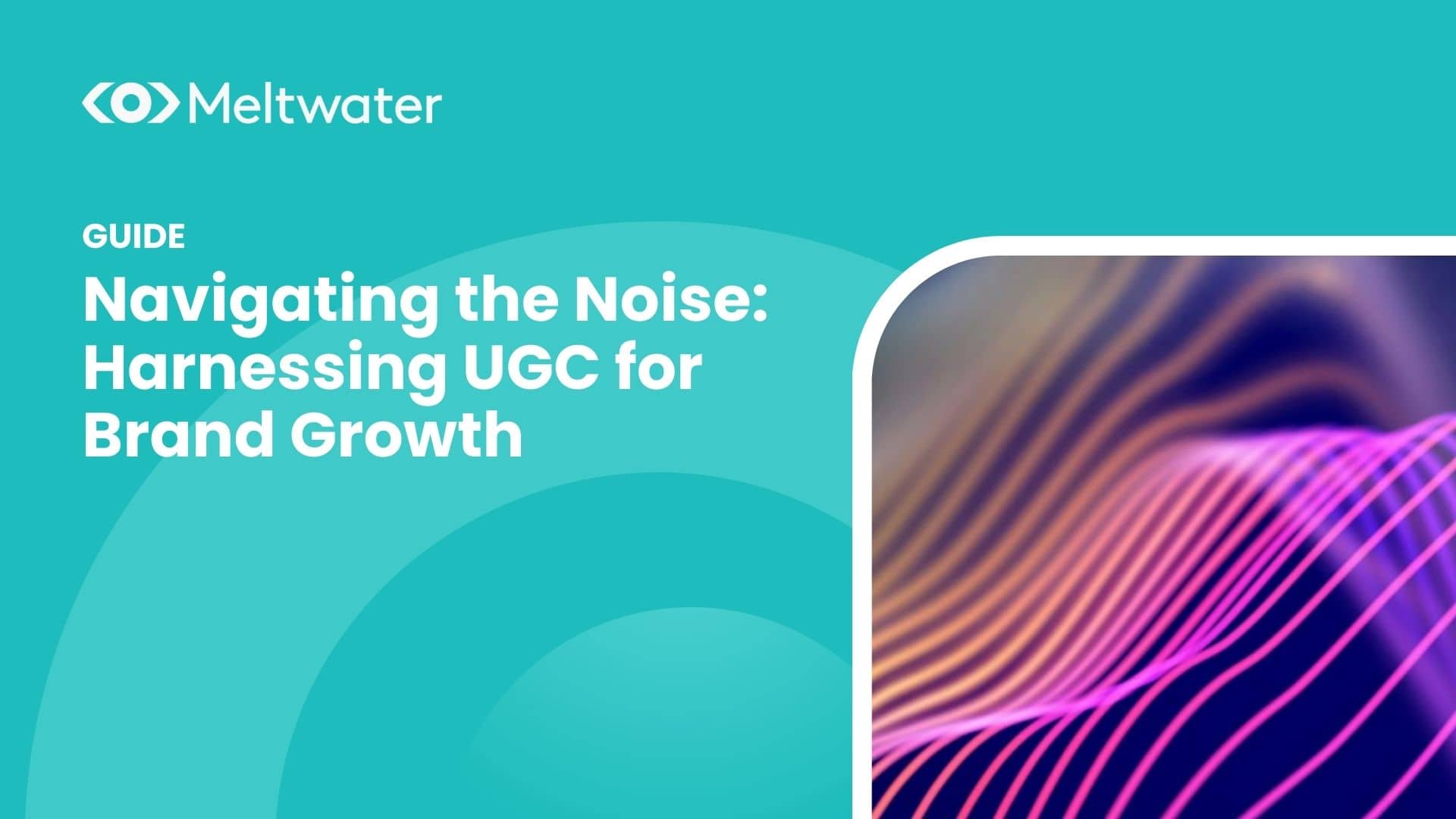Singapore – Nearly two-thirds (61.5%) of Southeast Asia’s population are active on social media, accounting for 10.2% of the world’s social media identities, according to a report by We Are Social and Meltwater.
The report highlights Southeast Asia’s strong affinity for social media, with users in every country exceeding the global average of 6.83 platforms. On average, Filipinos use 8.36 platforms, followed by Malaysians (8.12), Indonesians (7.93), Singaporeans (7.24), and users in both Vietnam and Thailand (7.11).
Delving deeper, Filipinos spend an average of 3 hours and 32 minutes on social media daily—over an hour more than the global average. They also have a strong affinity for influencers and vlog content, with 44.9% following influencers on social media and nearly half (48.3%) watching vlogs or influencer videos weekly.
Meanwhile, in Indonesia, social media accounts for nearly half (42.6%) of the country’s total online activity. Two-thirds of Indonesian users actively search for brands on social media, while 82.1% use it for brand research.
Indonesians are also among the world’s most engaged TikTok users, spending close to two full days per month (44 hours and 54 minutes) on the app. Malaysia follows closely, with users averaging 42 hours and 44 minutes on TikTok each month.
Thailand ranks as YouTube’s second most engaged market, with users spending an impressive 42 hours and 14 minutes on the platform—far exceeding the global average of 27 hours and 10 minutes. Meanwhile, Singapore stands out as a top market for Reddit, with users spending 3 hours and 56 minutes on the platform each month and accessing it an average of 116.9 times.
Notably, over a third of the region also relies on social media as a source of news.
Anton Reyniers, head of strategy at We Are Social Singapore, commented, “Southeast Asia is home to some of the most active and engaged social media users in the world. With users across the region spending their time across more than seven platforms – above the global average – and more than half using social media for brand research, it’s integral for marketers to ensure they have a carefully considered strategy to capture their audience’s attention across each platform.”
“This latest report highlights the nuances across different demographics in the social and broader digital ecosystem to help marketers make informed decisions in their plans for 2025 and beyond,” he added.
The report names YouTube as the most used social platform at the start of 2025, with a user base 16% larger than WhatsApp. Instagram leads as the world’s favourite platform, with 16.6% of users pledging loyalty, followed by WhatsApp (16%) and Facebook (13.1%).
Meanwhile, TikTok’s Android users are spending almost 35 hours per month on the app, with time spent increasing by nearly two hours from August to November 2024. In terms of growth, Threads has 320 million monthly active users, with over 100 million active daily users, while Bluesky, with more than 30 million registered users, still has fewer than 25 million monthly active users.
Meltwater and We Are Social further highlight the growing importance of social media for marketers, as half of adult users now visit platforms to learn more about brands—a trend that’s steadily rising. Instagram leads in brand research, with 62.3% of users using it for this purpose, followed by Facebook (52.5%) and TikTok (51.5%). Additionally, 22% of social media users follow influencers, a figure that rises to 30.8% among women aged 16 to 24.
In 2024, global ad spend reached US$1.1t, a 7.3% increase from 2023, with digital channels now accounting for 72.7% of this investment. Online ad spend surpassed US$790 billion, growing 10.3% year-on-year. Social media ad spend rose to $243 billion, up 15%, while global influencer marketing spend increased 14%, reaching $35 billion.
“With digital ad spend exceeding $790 billion in 2024 and social media ad spend growing more than 15% within that, it’s clear that businesses are investing more than ever in capturing consumer attention. Along with this growing investment comes the growing need to prove ROI and show results based on marketing campaigns. With user behaviour on social platforms continuing to shift, teams need data to inform decisions about what platforms to prioritise and create strategies for,” said Alexandra Bjertnæs, chief strategy officer at Meltwater.
The report also highlighted ChatGPT’s growth, with its mobile app averaging over a quarter of a billion monthly active users from September to November 2024. It ranked as one of the world’s most downloaded apps, placing eighth globally. Additionally, ChatGPT.com saw 310 million unique visitors, generating 3.5 billion visits during the same period.
Toby Southgate, global group CEO at We Are Social, said, “Social is where brands can win or lose – it’s central to brand discovery, consumer engagement, and commerce. At the same time, AI is revolutionising how we search, create, and interact, while influencers continue to shape content trends and consumer behaviours.”
“The opportunities for marketers to drive meaningful engagement have never been broader, but the complexity of digital and social media – evident in our 630+ page report – means there’s no single route to success. To create effective work, brands need to understand the cultural nuances of the online world and create ideas worth talking about. Those who do will make an impact,” he added.










